By Bunmi Yekini
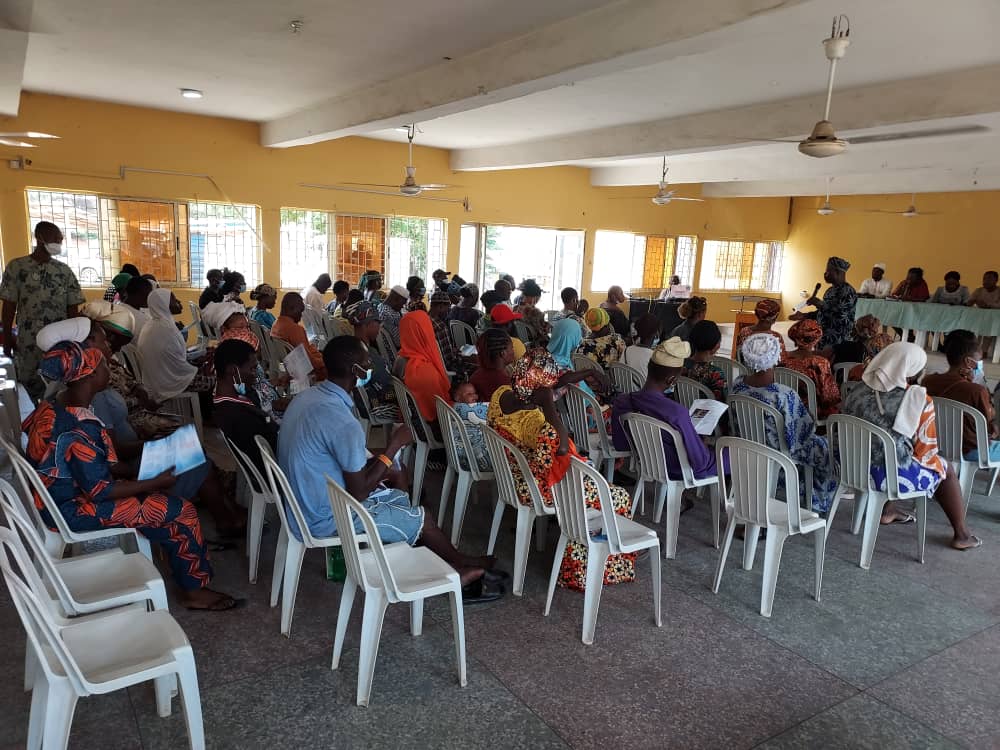
Ikorodu Local Government recently played host to a crucial community sensitization event aimed at combating Tuberculosis (TB) through awareness, early detection and prevention. The event brought together health workers, TB survivors, community leaders, and residents with one unified goal: To demystify TB and promote TB Preventive Treatment (TPT).
The outreach was organized by Journalists Against AIDS (JAAIDS) Nigeria in collaboration with the Lagos State Ministry of Health, Health Awareness and Gender Advocacy Initiative (HAGAI), Rhoda Haven, and other partners, with support from the Aurum Institute, Treatment Action Group (TAG), and IMPAACT4TB. The goal was to bridge the information gap in underserved communities and promote proactive health behavior.
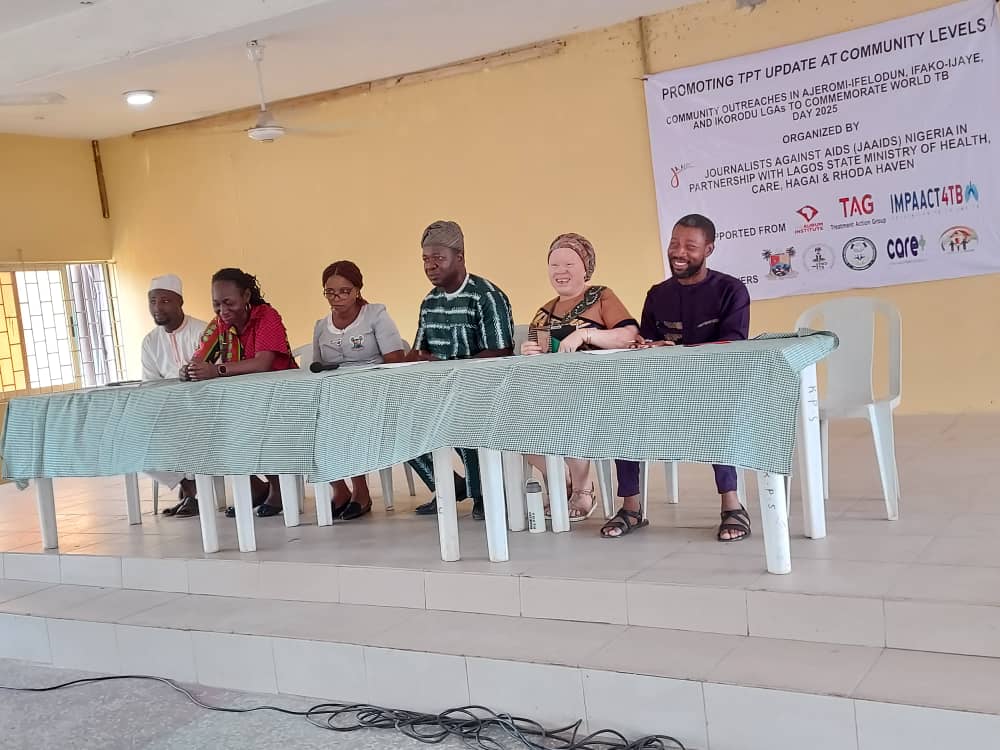
“It’s about stopping TB before it starts,” said Olayide Akanni, Executive Director of JAAIDS and National Coordinator of Nigeria’s TB Network. “Many people exposed to TB don’t show symptoms, and that’s why TPT is critical, it prevents them from developing active TB. Our focus is not just on curing TB, but on ensuring fewer people ever need treatment.”
Ikorodu was deliberately selected due to its high TB burden, with the initiative tailored to reach residents often excluded from mainstream health communication, those without regular access to newspapers, social media, or radio.
How TPT Works, and Why It Matters
TB Preventive Treatment involves a short course of medication, typically lasting between one and six months, for individuals at high risk of developing TB. This includes people living with or caring for TB patients, especially in densely populated areas like Ikorodu.
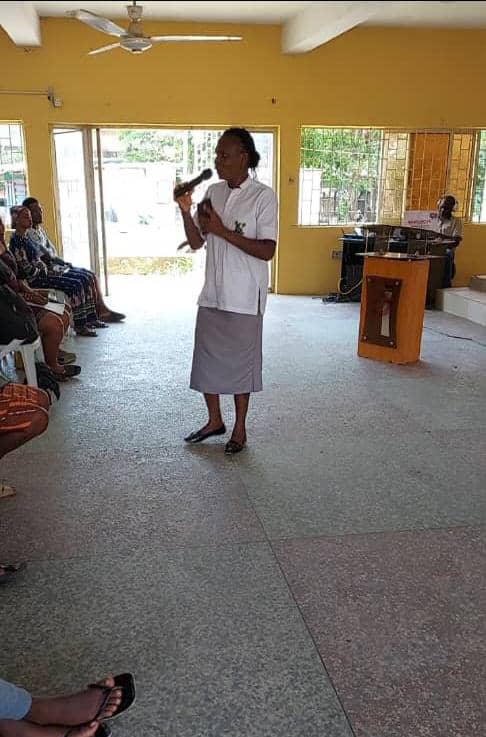
Speaking during the sensitization, Mrs Israel Queen from the Ikorodu Local Government’s Community Health Division stressed the importance of preventive treatment.“People think if they’re not coughing or losing weight, they don’t need TB medication. That’s wrong,” she said. “You can be exposed and asymptomatic. That’s where TPT comes in, it is preventive, not reactive.”
She also highlighted the value of certification for those who complete the treatment, saying it helps reinforce the legitimacy of the program and encourages broader community uptake.
Real Lives, Real Lessons
Among those who shared their stories was Mrs Abosede Kayode, a TB survivor who contracted Multidrug-resistant TB (MDR-TB) in 2017.
“It started with a toothache,” she recalled. “I had no idea it was TB until a chest X-ray revealed it. My life changed overnight.”
Read Also: Preventing TB Before It Starts: How Lagos is Expanding Access to Life-Saving Treatment
Read Also: World TB Day2025: Lagos’ Push for TB Preventive Treatment
Her treatment journey, 20 months of injections and pills, was gruelling, both physically and emotionally.“I wish I had known about TPT. Maybe I wouldn’t have gone through that painful experience,” she said. “Even though treatment was free and I got a monthly ₦5,000 stipend, the stigma and financial strain were overwhelming. I had to sell off everything in my shop. People thought I had HIV.”
She commended the dedication of healthcare workers, particularly Nurse Ogundipe from the Ikorodu TB unit.
“Her support kept me going. TB is not the end, but prevention is definitely better.”
Screening and Early Detection in Action
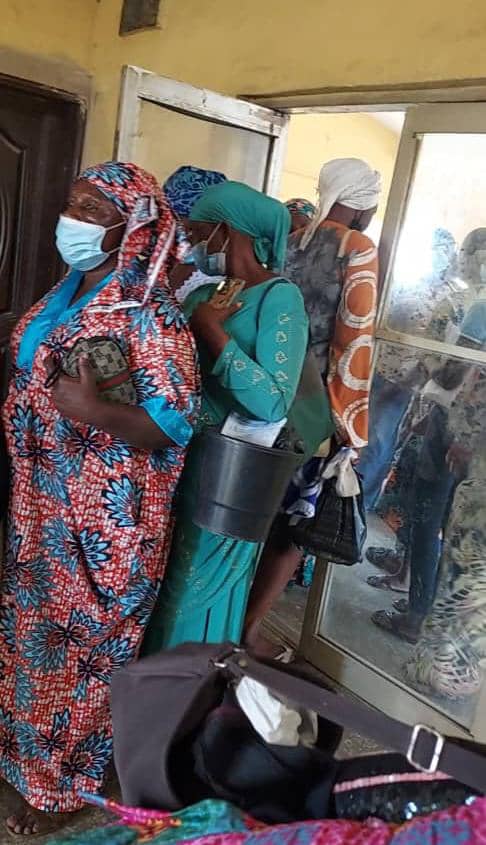
One of the highlights of the day was a free chest X-ray booth powered by AI-assisted tools. Mr. Abiodun Steven, a frontline health worker, explained the process.
“We use a system called Card 4 TB. Anyone with a score of 35 or higher is referred for GeneXpert testing,” he said. “We’ve already screened over 100 people today. Several have tested above the threshold and will begin treatment or receive TPT.”
Mrs Boluwatife Boluwatife, a participant, said she was amazed by the information shared.
“I didn’t know TB could be prevented with medication. That’s powerful, especially since it’s free. I’m glad I came.”
Challenges That Remain
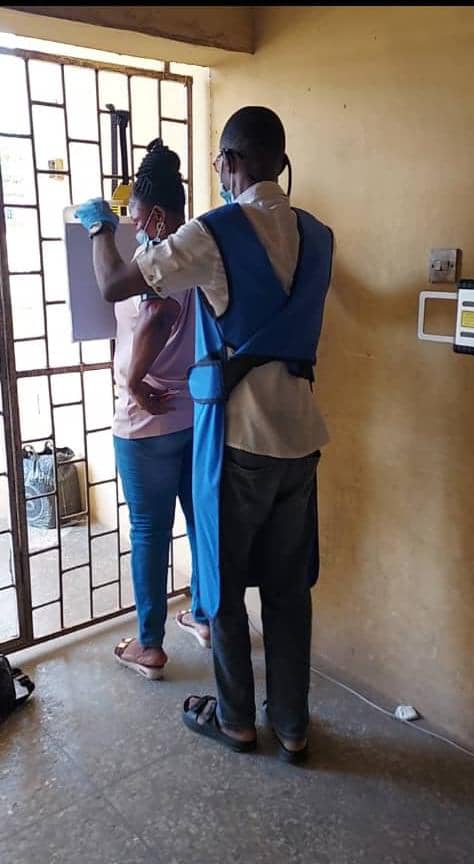
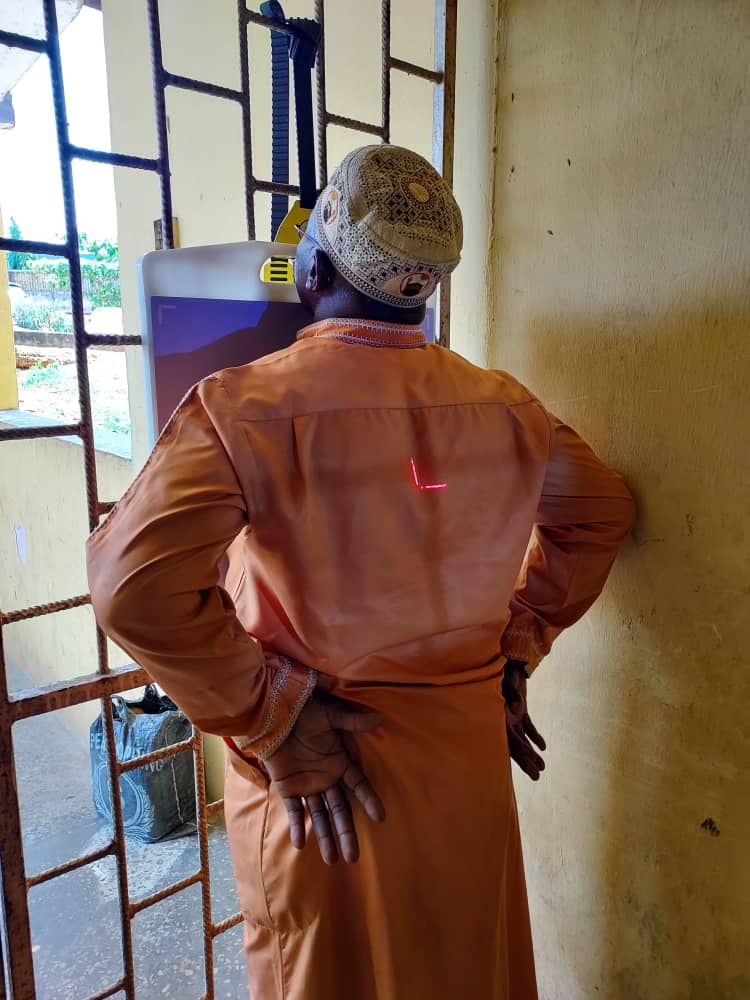
Despite the positive turnout, challenges persist. Mrs. Oluwatoyin Ogundipe, TB, Borreliosis, and Leprosy Supervisor for Ikorodu, flagged funding as a major concern.
“TPT is available, but sustaining the supply chain is becoming difficult due to donor withdrawal. Continued support is critical.”
Ikorodu currently has the second-highest TB burden in Lagos State, with over 1,700 reported cases in 2023. Overcrowding, poor sanitation, and population influx contribute to the high incidence.
Community Ownership: The Missing Link
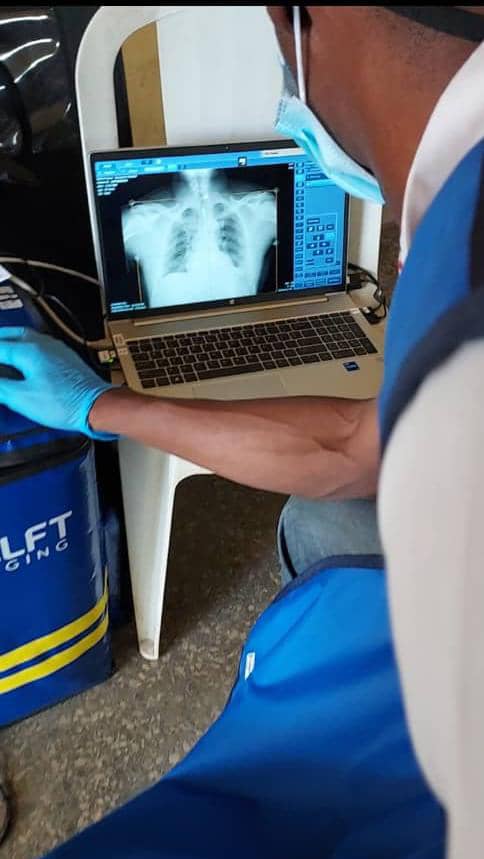
Health advocates stressed the importance of local government involvement. Aladeyelu Azeez Adebayo, Executive Director of HAGAI, expressed disappointment at the absence of any local government representatives.
“Their presence would have strengthened community trust. Local leadership is key to sustaining TPT uptake,” he said. “Still, it’s encouraging to see the community responding.”
A New Path Forward
As participants lined up for chest X-rays and sat with health workers for counseling, the message resonated clearly: TB is not just a disease to be treated, it is one that can be prevented through awareness and early intervention.
For survivors like Mrs. Kayode, the takeaway is simple:
“TB is not a death sentence. What we need is awareness, quick action, and community support, especially at the grassroots level.”
